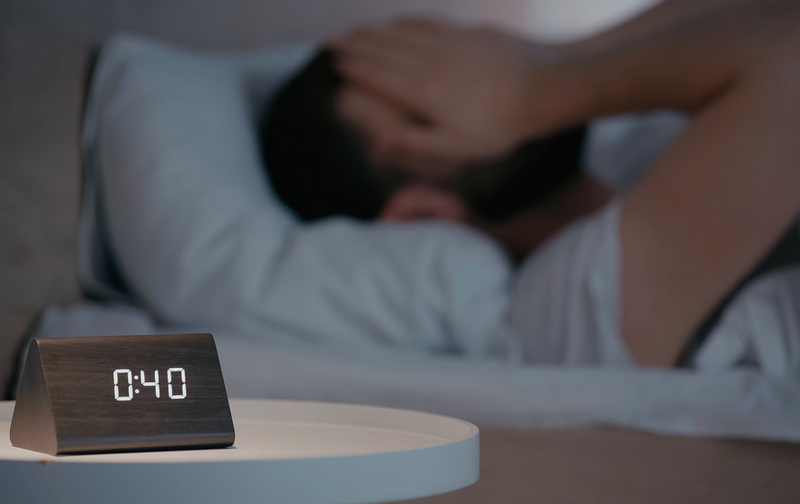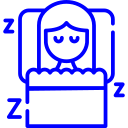Cognitive-behavioral therapy can help in treating sleep disorders such as insomnia, narcolepsy, sleep apnea, or other associated disorders. The purpose of therapy for sleep disorders is to change routines associated with sleep, establish healthy bedtime, resolve worrisome thoughts, ease stress, and learn relaxation techniques. Stimulus control, sleep hygiene education, dark therapy, and phototherapy are other methods that may be applied to analyze sleeping patterns, reset circadian rhythms, and gain deeper insight into life changes that may be a source of stress.
Sleep habits can vary from person to person. What promotes healthy sleep for one person may not work for someone else. Therapy is very important as insufficient sleep over a few days or weeks leads to diminished function, irritability, anxiety and fatigue.








